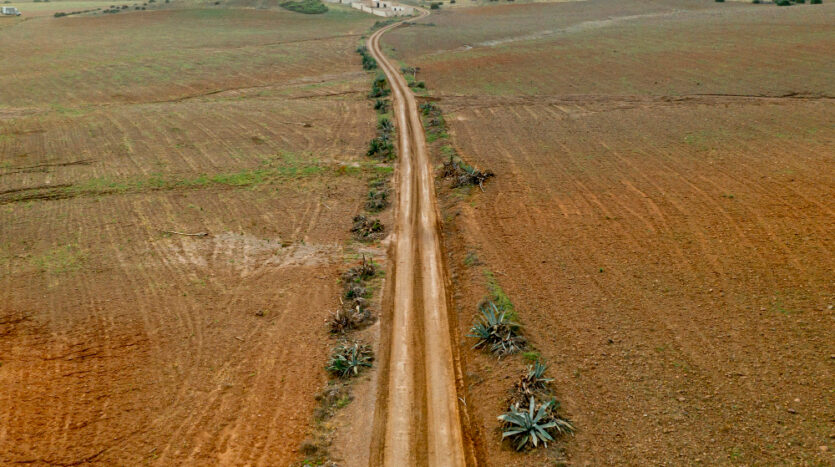Freehold vs Leasehold Land in Kenya: What Buyers Must Know
Introduction
When buying property, one of the most important considerations is land ownership. The difference between freehold and leasehold land in Kenya often confuses buyers, yet it directly affects rights, responsibilities, and long-term investment security. This guide explains both land types and what every buyer must know before making a purchase.
What is Freehold Land in Kenya
Freehold land ownership gives the buyer absolute rights to the property. Once purchased, the land is owned indefinitely and can be passed down to future generations. This makes freehold land the most secure form of ownership.
Key Features of Freehold Land
- Ownership is permanent and unrestricted.
- Owner can transfer, sell, or lease without restrictions.
- Inheritance rights are fully protected.
- Limited government involvement apart from taxes.
What is Leasehold Land in Kenya
Leasehold land ownership grants the buyer rights for a specific period, usually up to 99 years. After the lease expires, the land reverts to the government unless renewed.
Key Features of Leasehold Land
- Ownership is time-limited (commonly 33, 50, or 99 years).
- Lease terms must be renewed at the end of the period.
- Restrictions may apply depending on lease conditions.
- Common in urban areas and government allocations.
Difference Between Freehold and Leasehold Land in Kenya
- Duration: Freehold is permanent; leasehold is time-limited.
- Control: Freehold gives full control, while leasehold has conditions set by the lessor (government).
- Value: Freehold generally has higher resale value.
- Eligibility: Foreigners can only own leasehold land, not freehold.
- Inheritance: Freehold passes fully to heirs, while leasehold depends on renewal.
See related guides: How to Buy Land in Kenya Safely, Process of Buying a House in Kenya, and Can Foreigners Own Property in Kenya.
Costs and Considerations
- Stamp Duty: 4% in urban areas, 2% in rural (Kenya Revenue Authority).
- Legal Fees: Essential for contract preparation and due diligence.
- Renewal Fees: For leasehold land, renewal costs apply at the end of the lease.
- Valuation Charges: Required before property transfer.
See the Kenya Revenue Authority for property tax details.
Common Mistakes Buyers Should Avoid
- Confusing leasehold land for freehold without checking documents.
- Failing to confirm lease period before purchase.
- Ignoring hidden costs such as renewal and service charges.
- Skipping professional legal guidance.
FAQs on Freehold vs Leasehold Land in Kenya
What is the main difference between freehold and leasehold land in Kenya?
Freehold offers permanent ownership, while leasehold grants time-limited rights.
Can foreigners buy freehold land in Kenya?
No. Foreigners are restricted to leasehold land for up to 99 years.
Which is better, freehold or leasehold?
Freehold offers more security, but leasehold is common in urban areas with structured developments.
What happens when a leasehold expires in Kenya?
The land reverts to the government unless the lease is renewed.
How do I confirm if land is freehold or leasehold?
Check the title deed and conduct a search at the Ministry of Lands or ArdhiSasa.
Final Thoughts
Understanding the difference between freehold and leasehold land in Kenya is essential for safe and informed property investment. While freehold offers permanent ownership, leasehold is often the practical option in urban areas. Buyers should always perform due diligence and work with trusted agencies like Sarabi Realty Group to secure reliable investments.

